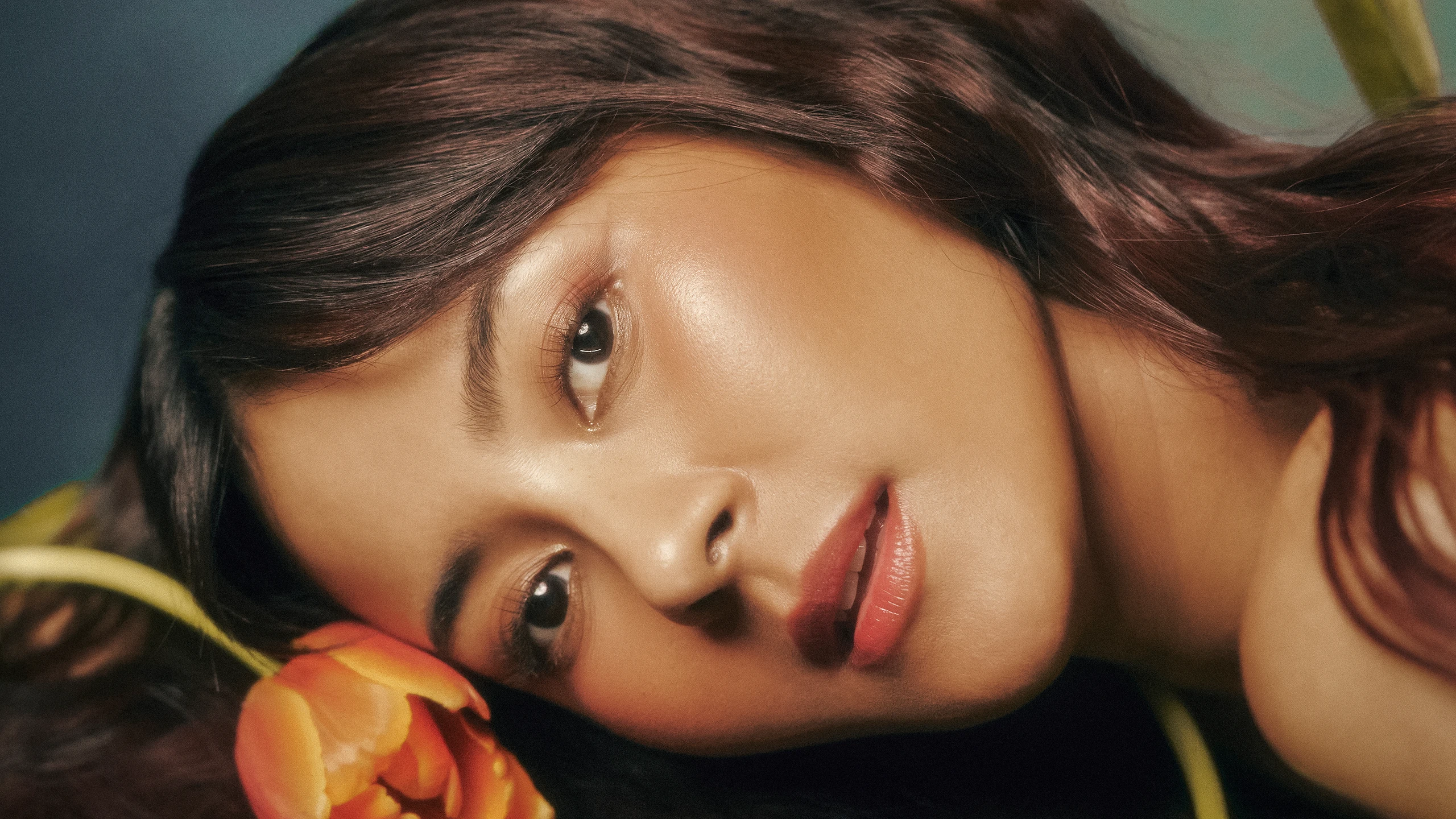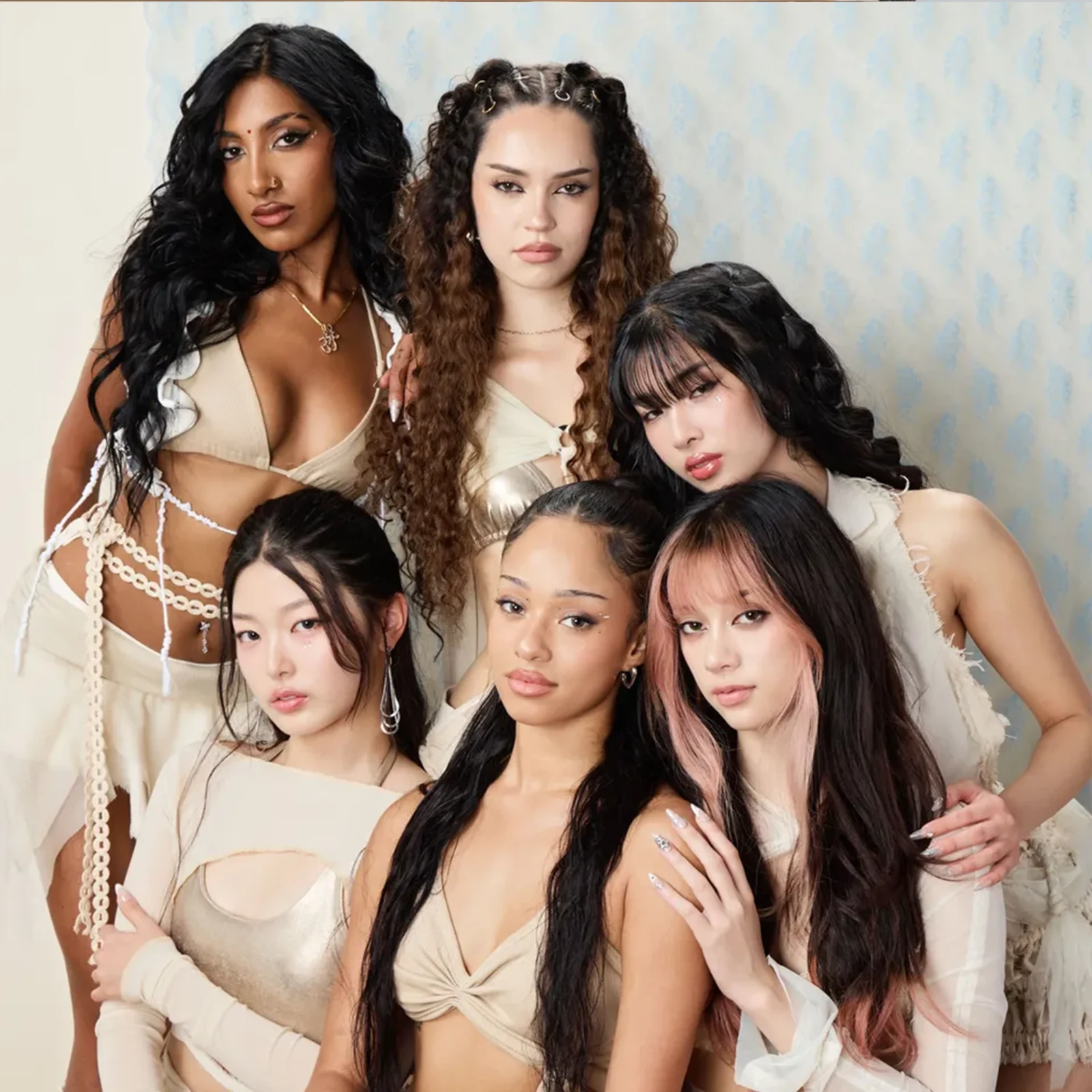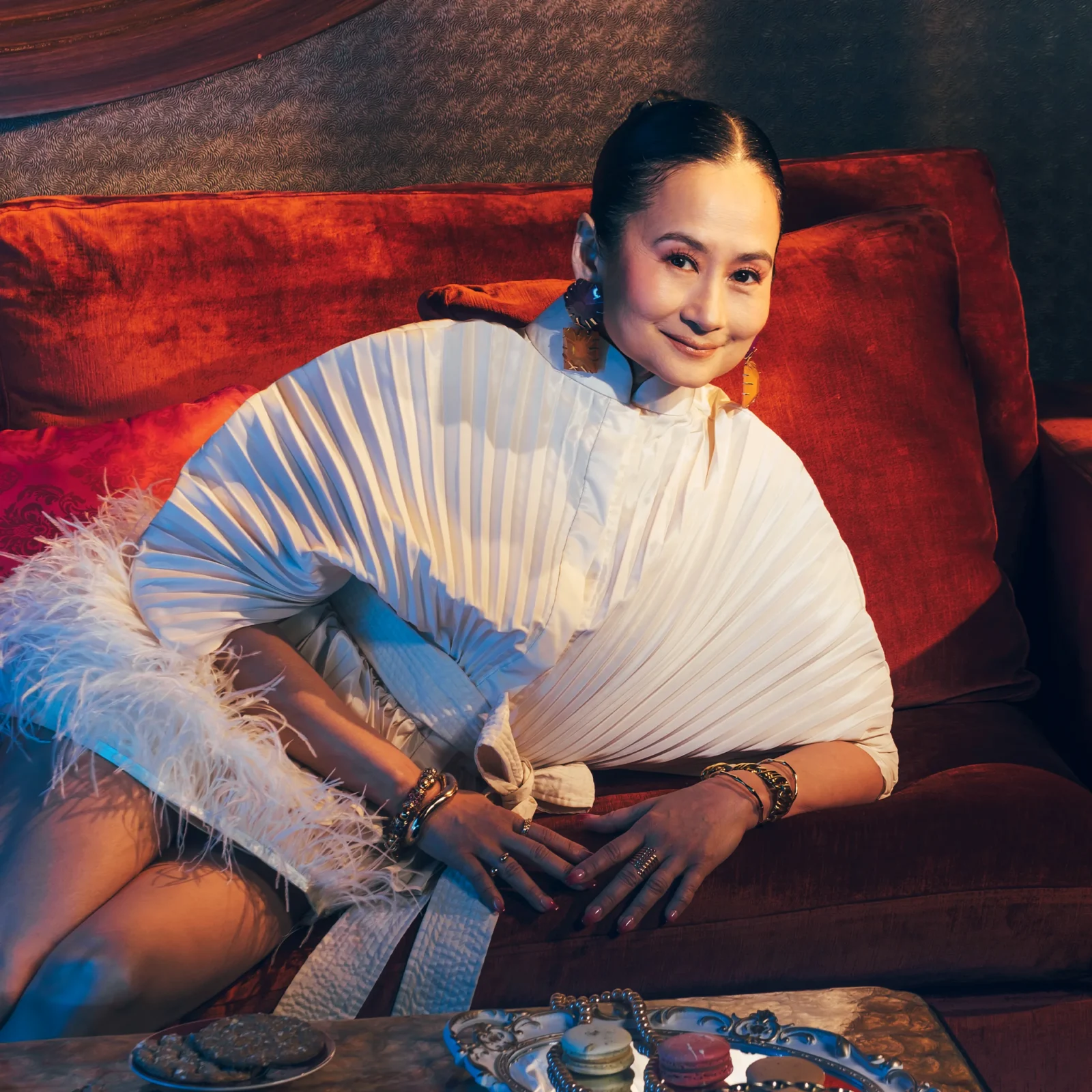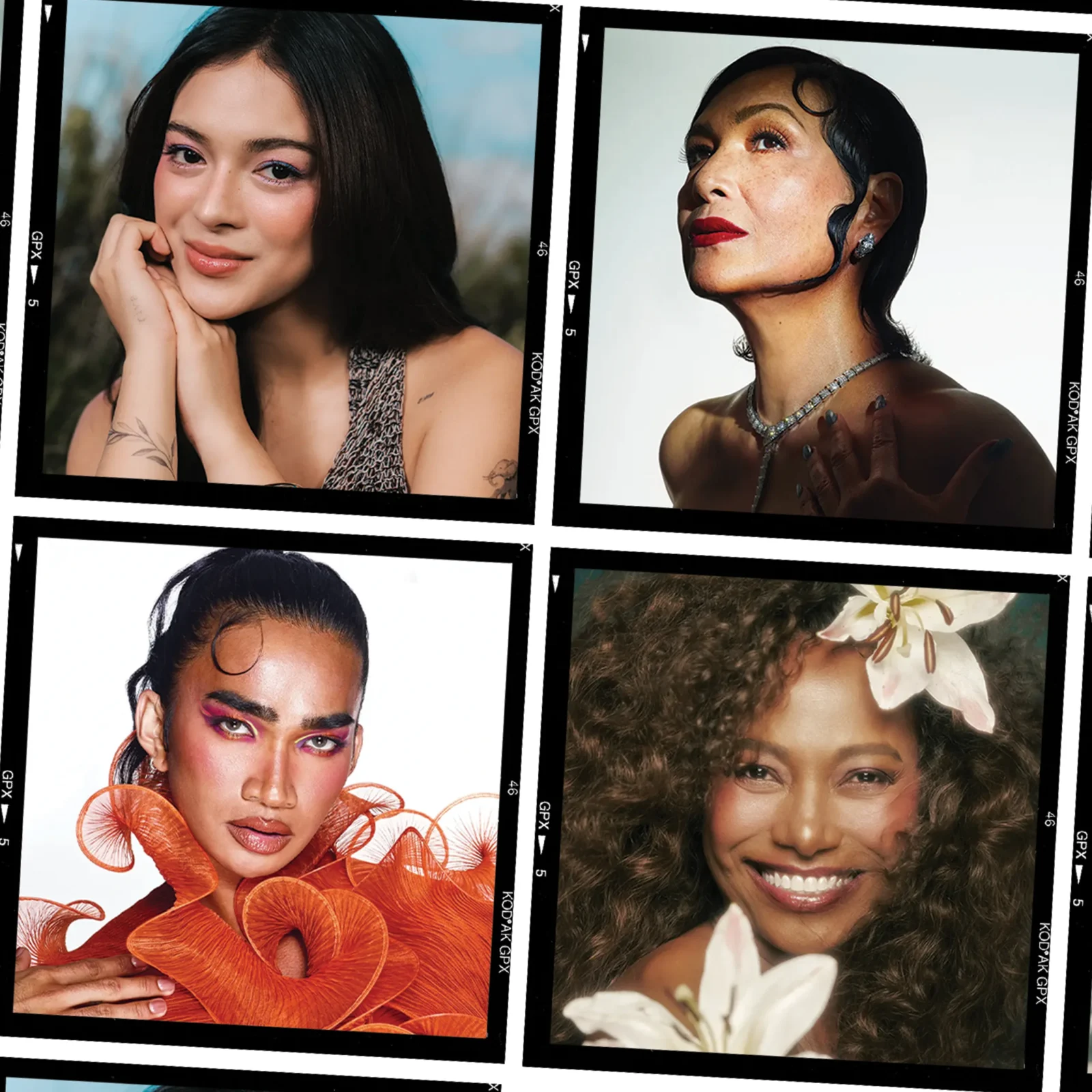Bianca Gonzalez Grew Up Teased for Her Skin—Now She’s Making Sure Her Daughters Never Feel the Same
The TV host and advocate opens up about championing her dark skin—and why she’s determined to raise girls who see their brown skin as beautiful from the start.
By Lia Cruz
Photographed by BJ Pascual
One thing that has always puzzled Bianca Gonzalez is how, when you open any history book of the Philippines, any Filipino in an accompanying picture is always, rightfully, brown-skinned.
Brown is the color of most of the population, and yet, the majority of Filipinos have, for years, deemed skin of this color undesirable. “It’s really so bizarre to me,” she says, her tone level, but with a slight furrow on her brow, “that the majority of our country looks like this—brown-skinned—and yet it’s looked down upon. It’s just wrong.”
Gonzalez, in her decades in the spotlight as a TV host and model, has always been a public champion of her morena skin tone, speaking up about the less-than-nice comments she gets about her “maitim na tuhod” or “peklat sa legs” using the hashtag #proudmorena when posting online.
She even turned down an endorsement for a skin whitening soap early in her career. “I told my manager, Tito Boy [Abunda], ‘I can’t endorse something that I don’t believe in at all.’ And then he would always say in interviews, ‘Oh, this alaga of mine, si Bianca, she turned down an endorsement deal because she doesn’t believe in whitening products,’” Bianca shares. “And that’s always stuck with me, cause it tells me, ‘Pwede. You can make choices.’ You do not have to be pressured to conform to other people’s expectations, kung ganoon talaga yung pinaniniwalaan mo.”
Now and then—what it means to be morena
In spite of her choice to be proud of her skin color, it has been a root cause for hurt and insecurity. In her childhood, she was teased “Maitim! Maitim! Maitim!” and “Negra! Negra!” in school. To this day, even at age 42, she still receives offhanded comments that run the lines of, “Alam mo, siguro, kung maputi ka, mas maganda ka.”
“Always!” Gonzalez says, for emphasis. “Sasabihin ng mga tao ‘yan when they see me in person.” She also still gets random comments about her skin online, which she admits bother her to a degree. “I’ve always owned being maitim,” she shares. “So when I hear it, it’s not an insult. I guess the hurt comes from the viewpoint of ‘Why do you think it’s an insult?’”
Gonzalez pauses in the middle of the interview, breaking from a steady stream of answers, to suddenly inject: “I love that this is the topic, honestly. This has been a long time coming. This type of story didn’t exist 10, 15 years ago, so this is great!”
The difference, of course, is that today, diversity and inclusivity have been woven into the tapestry of our culture, but Gonzalez is quick to point out that there is still a long way to go. “For me, in our circles, it’s more accepted to be dark, but madami pa rin, especially in places in the country farther from Manila, na ‘yun pa rin yung narrative—“Ah, negra negra!” or mapepressure ka na bumili ng pampaputi.”
For someone who is quite soft-spoken in person, the fervor with which Gonzalez approaches this topic is evident—and quite understandably so. The color scales in this situation are not tipped in her favor, and she’s been subject to taunts, teasing, comments, and unsolicited advice for practically her entire life.
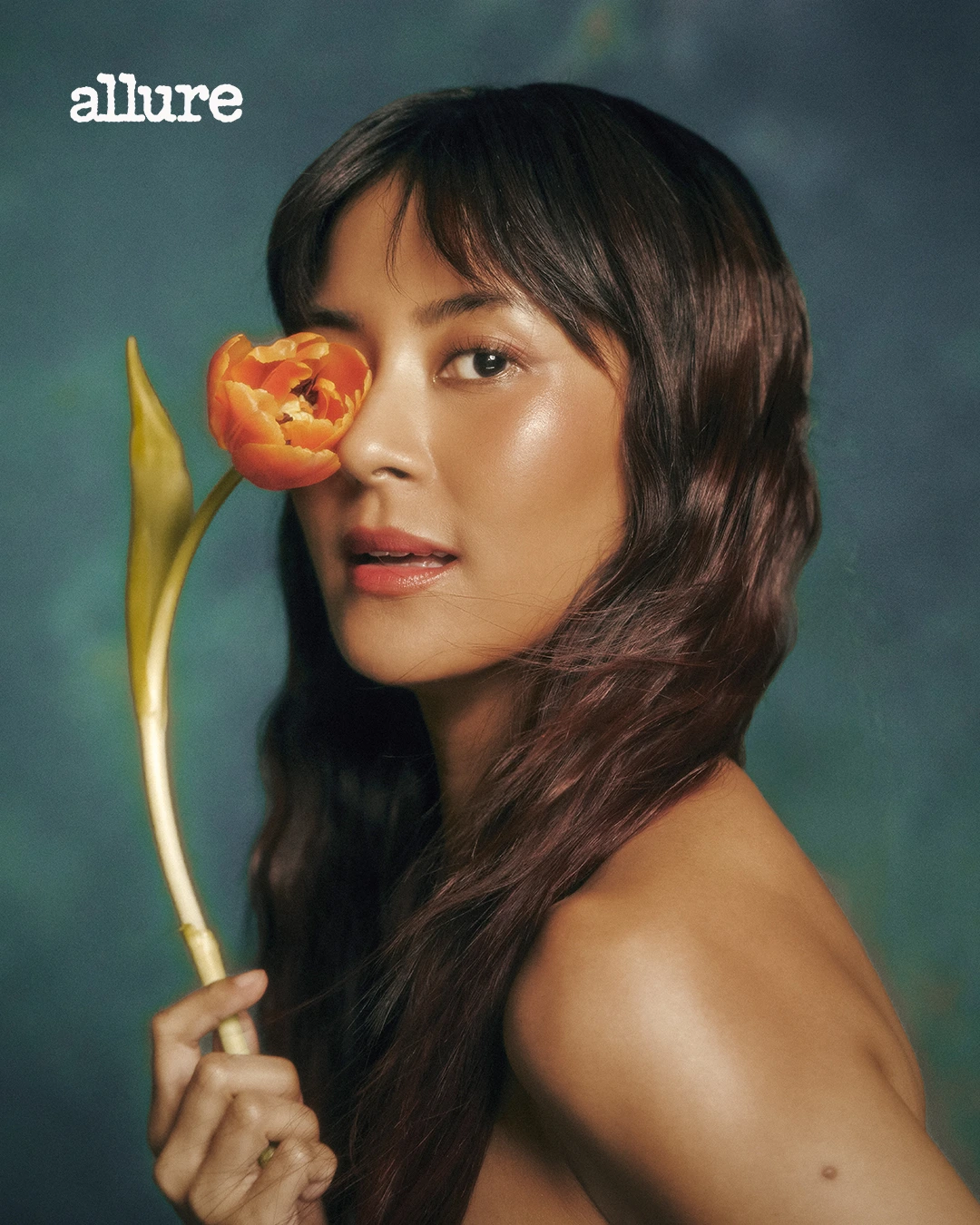
BJ Pascual
Loud and proud to be morena
But more than her own experiences, there are two very important reasons that she approaches this subject with such passion. They are aged nine and six, and have both inherited her beautiful brown skin—her daughters, Lucia and Carmen.
It’s clear that when she talks about the importance of representation and inclusivity, and when she underscores the need for humanity’s views and standpoints to evolve further, she does so with them in mind. “Kids [in] that age do not judge each other based on color,” Gonzalez shares. It’s what they hear from other people, she says, things “na akala mo harmless, but it builds up,” that may affect them subconsciously and resort to them fashioning their self image from a more harmful mold.
“For example,” she explains, “comments made na, ‘Tanghaling tapat na, ‘wag ka tumakbo diyan, baka umitim ka agad!’ or ‘Grabe ang itim mo!’ pag-uwi [galing] sa beach. Kahit innocent comment lang, parang may judgment na, and it’s not a good thing.”
At the end of the day, it seems it is for Lucia and Carmen that Gonzalez continues to champion being a proud morena. “The more visible and vocal we are,” she says, “the more it normalizes things for some young girl, somewhere, being bullied for being dark, so she doesn’t have to think na kailangan niyang magpaputi.”
Photographer: BJ Pascual. Makeup: Gery Penaso. Hair: Paul Nebres. Fashion styling: Maica Tady of Qurator, assisted by Claire Fernando, Shark Tanael, and Bea Panganiban.
You might also like
To provide a customized ad experience, we need to know if you are of legal age in your region.
By making a selection, you agree to our Terms & Conditions.
